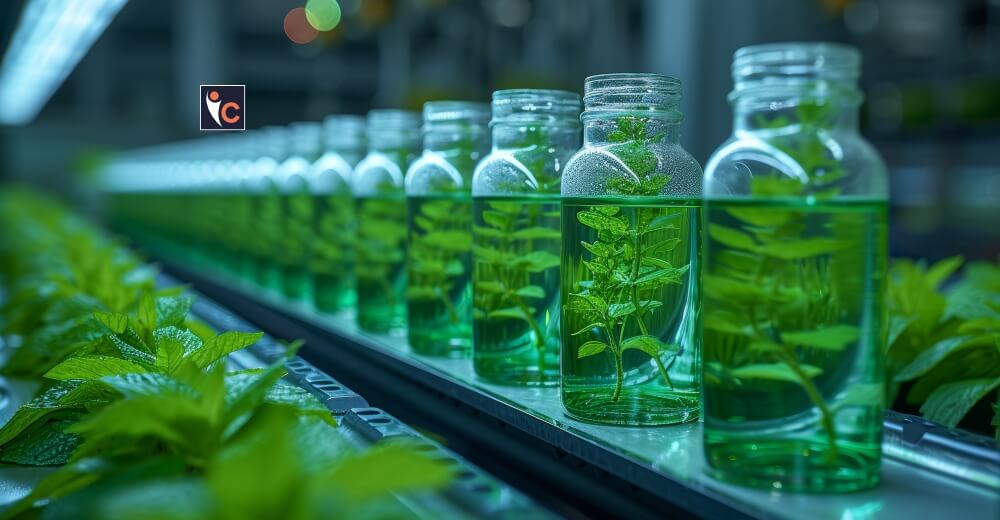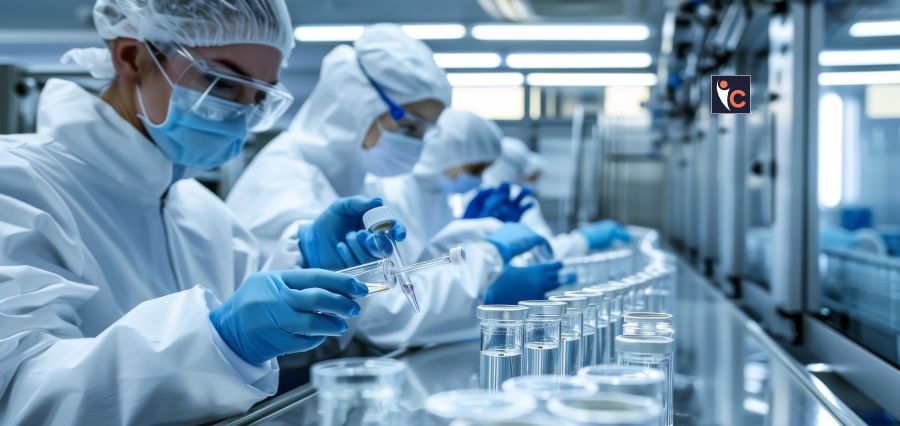Greening Drug Manufacturing
The pharmaceutical industry in Florida is undergoing a significant transformation, embracing sustainability as a core principle in its operations. This shift is driven by increasing environmental awareness, consumer demand for eco-friendly products, and the urgent need to address the industry’s substantial ecological footprint. As the Sunshine State’s pharmaceutical sector evolves, it’s setting new standards for sustainable drug manufacturing and healthcare practices.
The Environmental Impact of Pharmaceuticals
Before delving into Florida’s initiatives, it’s crucial to understand the broader context of the pharmaceutical industry’s environmental impact. Globally, drug manufacturing contributes to pollution through chemical waste, greenhouse gas emissions, and resource-intensive processes. The production of active pharmaceutical ingredients (APIs) often requires large amounts of water and energy, while also generating hazardous byproducts. Additionally, the improper disposal of unused medications can lead to water contamination and harm aquatic ecosystems.
Florida’s pharmaceutical industry, recognizing these challenges, is taking proactive steps to mitigate its environmental impact and promote sustainable practices across the entire drug manufacturing lifecycle.
Sustainable Manufacturing Practices
Leading pharmaceutical companies in Florida are implementing innovative strategies to reduce their environmental footprint. Water conservation is another critical area of focus. Pharmaceutical manufacturers are investing in water recycling and treatment technologies to minimize water waste and reduce the discharge of pollutants into local water bodies. Some facilities have implemented closed-loop systems that allow for the reuse of process water, significantly reducing their overall water consumption.
Sustainable Supply Chain and Procurement
The greening of Florida’s pharmaceutical industry extends beyond manufacturing facilities to encompass the entire supply chain. Companies are increasingly recognizing that true sustainability requires a holistic approach that considers the environmental impact of every stage of drug production and distribution.
Baptist Health has taken a leading role in this area by revising its procurement procedures to prioritize sustainability. They have implemented stricter environmental criteria for supplier selection and are actively seeking partnerships that can enhance the overall sustainability of their supply chain. This approach includes sourcing materials from eco-friendly suppliers, optimizing transportation routes to reduce carbon emissions, and exploring alternatives to single-use plastics in packaging.
Moreover, there’s a growing emphasis on reducing the use of chemicals of concern in pharmaceutical products and medical supplies. Companies are investing in research and development to find safer alternatives that maintain product efficacy while minimizing potential harm to the environment and human health.
Community Engagement and Collaboration
Florida’s pharmaceutical industry recognizes that sustainability is a collective effort that requires engagement with local communities and stakeholders. Many companies are partnering with schools, community groups, and environmental organizations to raise awareness about sustainable practices and support green initiatives.
Baptist Health’s Grow2Heal program is an excellent example of this approach. This innovative initiative combines sustainability, community outreach, and preventative healthcare by growing and sharing fresh produce. Such programs not only promote environmental stewardship but also contribute to public health by encouraging healthy eating habits and fostering a connection between community members and their local environment.
Regulatory and Policy Landscape
The state of Florida has implemented policies and programs to support sustainability efforts across various sectors, including pharmaceuticals. The Florida Department of Environmental Protection’s Office of Sustainable Initiatives plays a crucial role in promoting eco-friendly practices and providing resources for businesses looking to improve their environmental performance.
Additionally, state-level incentives for renewable energy adoption and waste reduction are encouraging pharmaceutical companies to invest in sustainable technologies and practices. These policy measures, combined with industry-led initiatives, are creating a supportive ecosystem for sustainability in Florida’s pharmaceutical sector.
Challenges and Future Outlook
While significant progress has been made, challenges remain in fully greening Florida’s pharmaceutical industry. Balancing sustainability goals with stringent quality and safety requirements for drug manufacturing can be complex and costly. Additionally, the need for continuous innovation in sustainable technologies and practices requires ongoing investment and research.
Looking ahead, the future of Florida’s pharmaceutical industry appears increasingly green. As more companies recognize the business benefits of sustainability – including cost savings, improved public image, and enhanced resilience to environmental risks – we can expect to see further advancements in sustainable drug manufacturing.
Emerging technologies such as green chemistry, biocatalysis, and continuous manufacturing hold promise for further reducing the environmental impact of pharmaceutical production. Additionally, the growing focus on circular economy principles is likely to drive innovations in product design, packaging, and end-of-life management for pharmaceutical products.
In conclusion, Florida’s pharmaceutical industry is making significant strides towards sustainability, driven by a combination of industry leadership, community engagement, and supportive regulatory frameworks. These efforts not only contribute to environmental protection but also position Florida’s pharmaceutical sector as a leader in sustainable healthcare practices. As the industry continues to evolve, the Sunshine State is poised to play a pivotal role in shaping a more sustainable future for drug manufacturing and healthcare delivery.
Read More: Click Here










